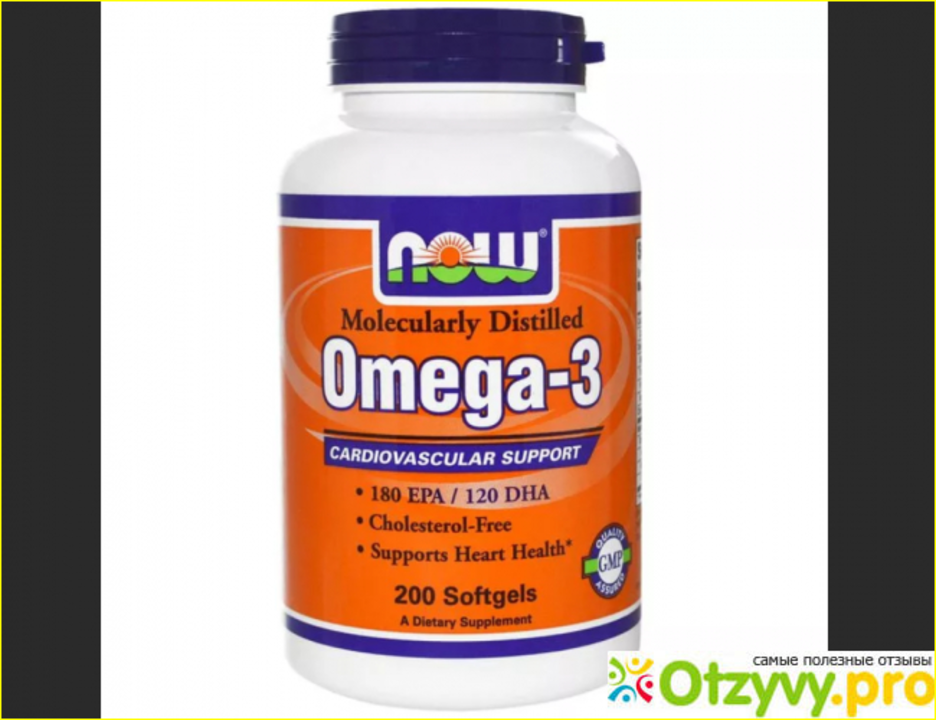April 2023: Practical medication notes — Prilocaine, Etoricoxib, Cefuroxime, Atorvastatin
Four short, useful posts went live in April 2023 that can help you make safer choices about common medicines. Each piece focuses on a specific drug and gives concrete takeaways you can use when talking with your healthcare team.
Prilocaine showed up in a dental-focused post. It’s a local anesthetic that numbs the area during fillings and extractions. The practical benefit is less pain and anxiety during treatment, and many people appreciate its shorter numbness time compared with some other anesthetics. If you worry about lingering numbness after a dentist visit, ask whether prilocaine is an option — but mention any history of methemoglobinemia or enzyme issues, since prilocaine can be risky for a small group of patients.
The etoricoxib piece warns about pregnancy risks. Etoricoxib is an NSAID used for pain and inflammation, but using it late in pregnancy can cause serious fetal heart and circulation problems like premature closure of the ductus arteriosus. The clear action point: pregnant people should avoid etoricoxib and check with their clinician before taking any NSAID. If you’re planning pregnancy or are pregnant and need pain control, your provider can recommend safer alternatives and timing.
Cefuroxime was covered as a practical option for community-acquired pneumonia. As a second-generation cephalosporin, it works against many common respiratory bacteria and penetrates lung tissue well. That makes it a reasonable choice in many outpatient and inpatient cases, depending on local resistance patterns and patient allergies. If you or a loved one gets a pneumonia diagnosis, ask whether cefuroxime fits the likely cause and whether allergy testing or an alternative is necessary.
The atorvastatin and omega-3 post looked at heart health pairs. Atorvastatin lowers cholesterol; omega-3s can benefit triglycerides and general heart risk. The combined approach may help some people reach lipid goals more comfortably, and omega-3s might ease certain statin side effects for some patients. Always review dosing, possible interactions, and bloodwork plans with your clinician before combining supplements and prescription meds.
Quick takeaways
Think safety first: prilocaine can reduce dental discomfort but watch rare risks; avoid etoricoxib in pregnancy; cefuroxime is a reliable pneumonia choice if appropriate; atorvastatin plus omega-3s may help lipids but needs monitoring. Use these notes as conversation starters with your provider, not as a substitute for personalized medical advice.
When to ask your doctor
Bring up prilocaine if you want shorter numbness at the dentist. Mention pregnancy status before any NSAID is prescribed. Confirm the right antibiotic for pneumonia based on tests and allergies. Discuss combining atorvastatin with omega-3s if you’re not hitting lipid targets or if you experience side effects. Short questions make appointments more productive: "Is prilocaine safe for me?" "What pain meds are safe in pregnancy?" "Is cefuroxime right for this infection?" "Can omega-3s help my statin plan?"
These April posts aim to give clear, usable points you can act on now. If one topic matters to you, read the full post and bring specifics to your next medical visit.



